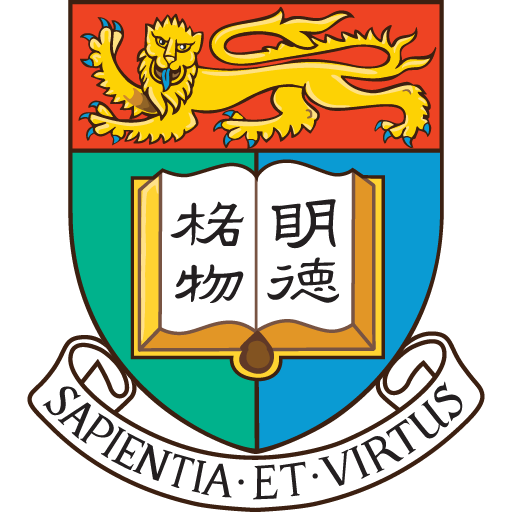Event Details
Date : 29 Apr 2025 (Tue)
Time : 2:00pm – 5:00pm
Venue : Learning Lab (RRS321, 3/F, Run Run Shaw Building, Main Campus, HKU)
Speakers & Panellists:
- Prof. Herman Cappelen, Chair Professor, Department of Philosophy, School of Humanities, HKU
- Prof. Cecilia Chan, Professor, TALIC, HKU
- Dr. John Fung, Senior Lecturer, School of Nursing, Li Ka Shing Faculty of Medicine, HKU
- Dr. Wilson Kwok, Associate Director (CIO and Librarian Office), Information Technology Services, HKU
- Mr. Brian Tang, Principal Professional Practitioner, Faculty of Law, HKU
- Ms. Stephanie Biedermann, Senior Lecturer, Faculty of Law, HKU
- Ms. Nicole Lau, Assistant Lecturer, Department of Psychiatry, School of Clinical Medicine, HKU
MC : Dr. Jessica To , Lecturer, TALIC, HKU
Symposium Abstract
AI in Teaching and Learning: An Ethical Framework

Professor Herman Cappelen Chair Professor, Department of Philosophy, School of Humanities, HKU
- Making AI Intelligible (w. Josh Dever, OUP 2021, Open Access) is a book about how to use externalist theories in metasemantics to interpret and communicate with AI.
- Fixing Language: An Essay on Conceptual Engineering (OUP 2018, Open Access) develops an account of how externalists should think of conceptual engineering, argues that all of philosophy involves conceptual engineering, and also shows that conceptual engineering is almost impossibly difficult.
- Josh Dever and himself have written a series of three introductory books to philosophy of language. The series is called Contemporary Introductions to Philosophy of Language. The three books are called: Context and Communication (OUP 2016), Puzzles of Reference, (OUP 2018), and Bad Language, (OUP 2019).
- The Inessential Indexical (w. J. Dever, OUP 2014) is an exploration and defence of the view that perspectivality is a philosophically shallow aspect of the world. The authors argue that there are no such things as essential indexicality, irreducibly de se attitudes, or self-locating attitudes.
- Philosophy without Intuitions (OUP 2012) is about the nature of philosophy and philosophical methodology.
- Relativism and Monadic Truth (w J. Hawthorne, OUP 2009) is an argument against relativism about truth and in favor of the view that truth is a monadic property.
- Language Turned on Itself (w. E. Lepore, OUP 2007) is about meta-linguistic discourse and various form of quotation: how language can be used to talk about language.
- Insensitive Semantics (w. E. Lepore, Blackwell 2004) is about the ways in and extent to which meaning and interpretation is context sensitive. It is also about what contexts are and what it is to be in on. The book develops and defends two now influential theories: semantic minimalism and speech act pluralism.
AI-giarism in Education: Rethinking Assessment in the Age of Generative AI
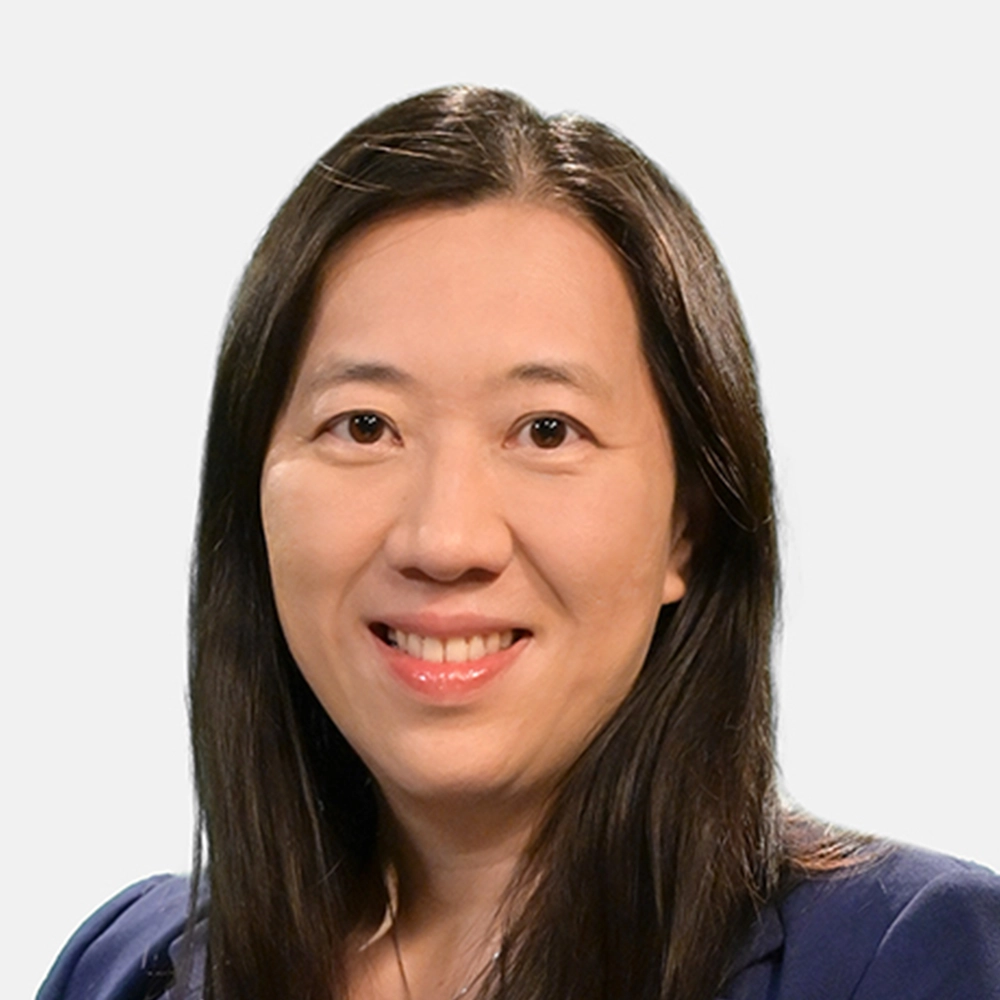
Transforming Healthcare Education and Practice with Generative AI: Insights from Simulation and Real-World Applications
The integration of Generative Artificial Intelligence (GenAI) into healthcare education and practice is transforming the landscape of medical training and patient care delivery. This keynote will delve into the transformative potential of GenAI, focusing on its applications in patient simulation and the ethical considerations associated with its use.
Dr. John Tai Chun Fung, a Senior Lecturer at the University of Hong Kong’s School of Nursing, will share insights from his extensive research on GenAI’s role in enhancing graduate medical education. He will highlight how GenAI facilitates personalized learning experiences, simulates real-world scenarios, and enhances communication skills. Dr. Fung will discuss how GenAI patient simulation improves clinical competence and confidence among healthcare professionals, citing his recent trial that demonstrated significant improvements in clinical competence and cultural awareness among participants.
The presentation will also explore examples from Dr. Fung’s work on GenAI patient simulation, illustrating both the opportunities for improving patient outcomes and the ethical challenges that must be addressed. Join us for a thought-provoking discussion on how GenAI can be ethically leveraged to advance healthcare education and patient care, while navigating potential pitfalls and ensuring the development of equitable and safe AI applications in medicine.
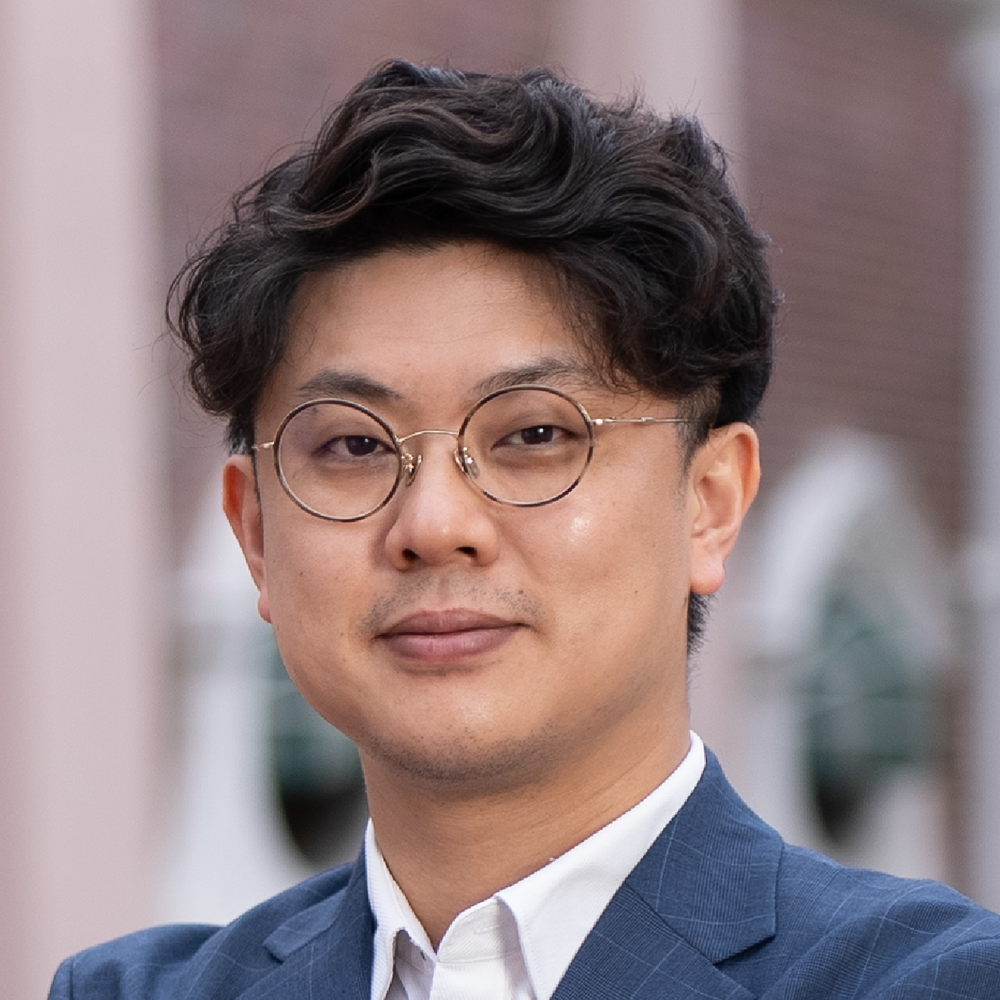
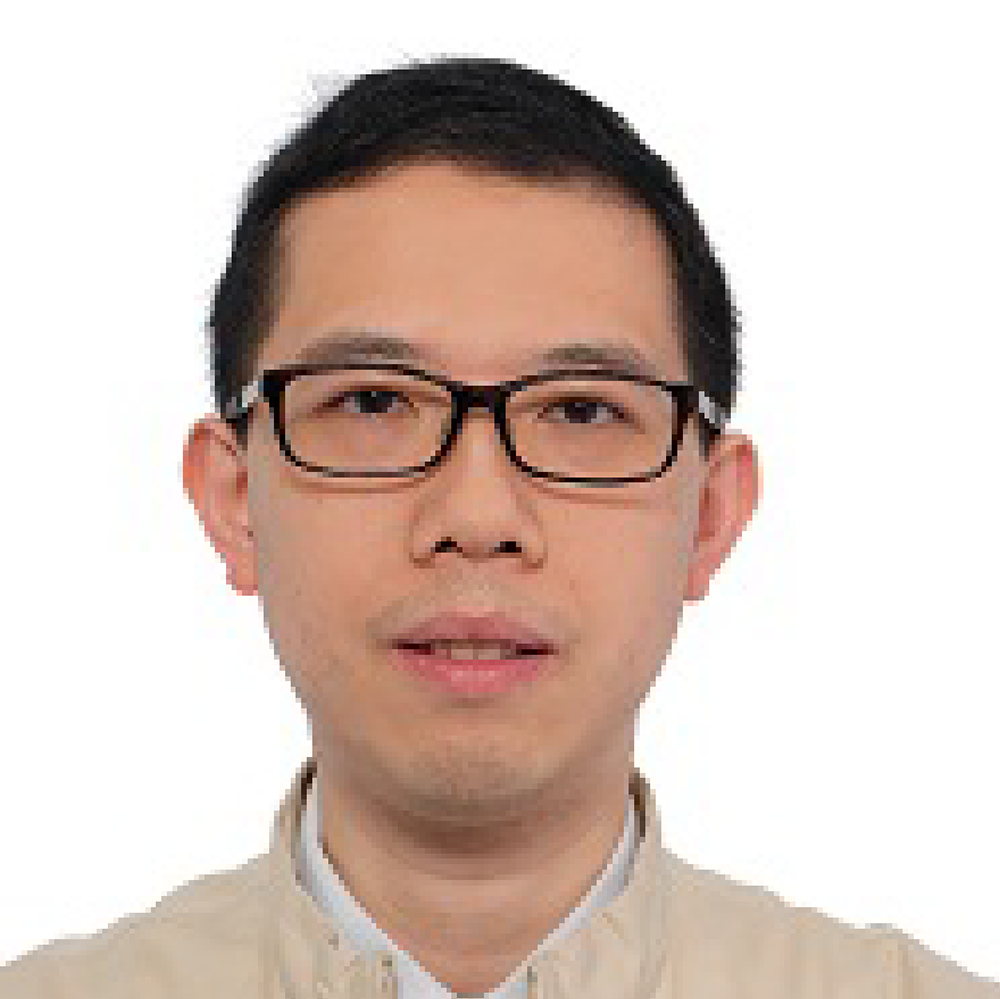
Dr. Wilson Kwok is an Associate Director at The University of Hong Kong. Prior to joining the University, he looked after the eLearning development and teacher training for five years in a public organization which had over 2,000 staff teaching in 30 member institutions. Under the co-branding strategy of the University Libraries and Information Technology Services, he currently holds key responsibilities in the development and support of hybrid learning, platforms, teaching spaces as well as e-assessment at institutional level.

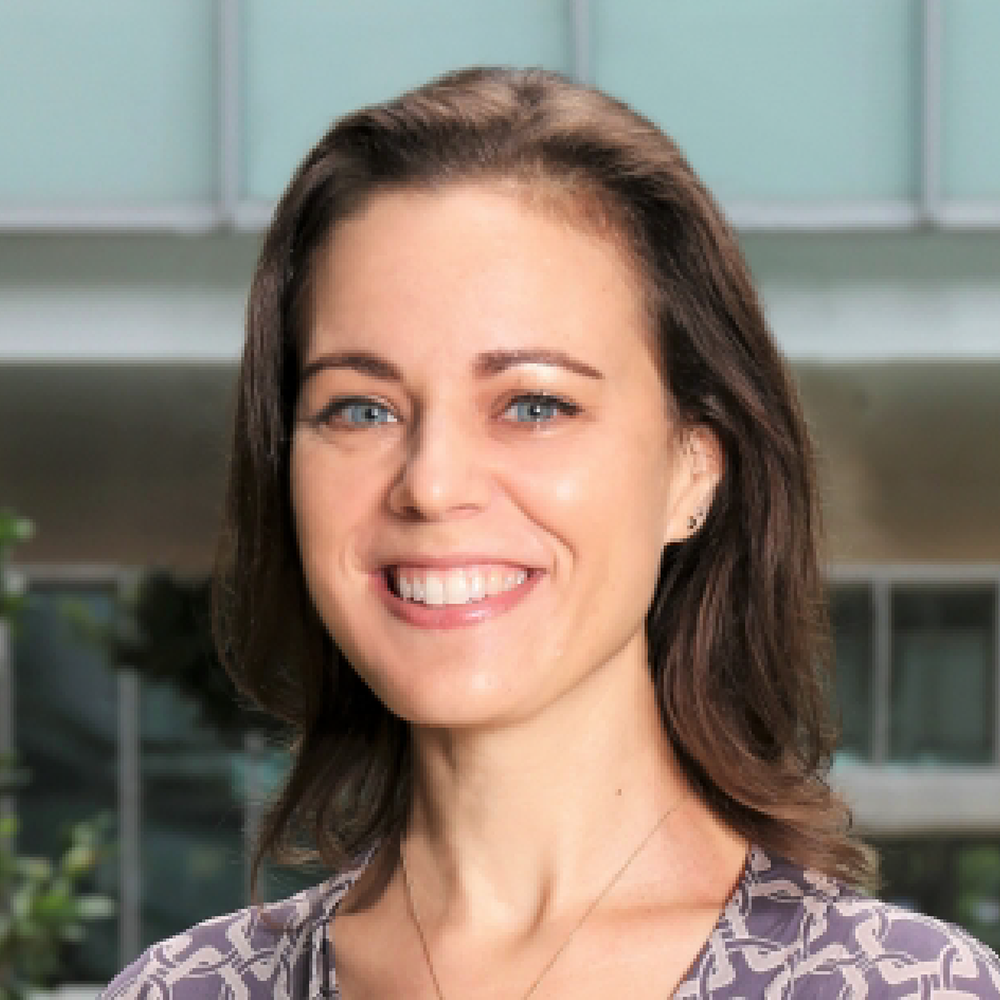
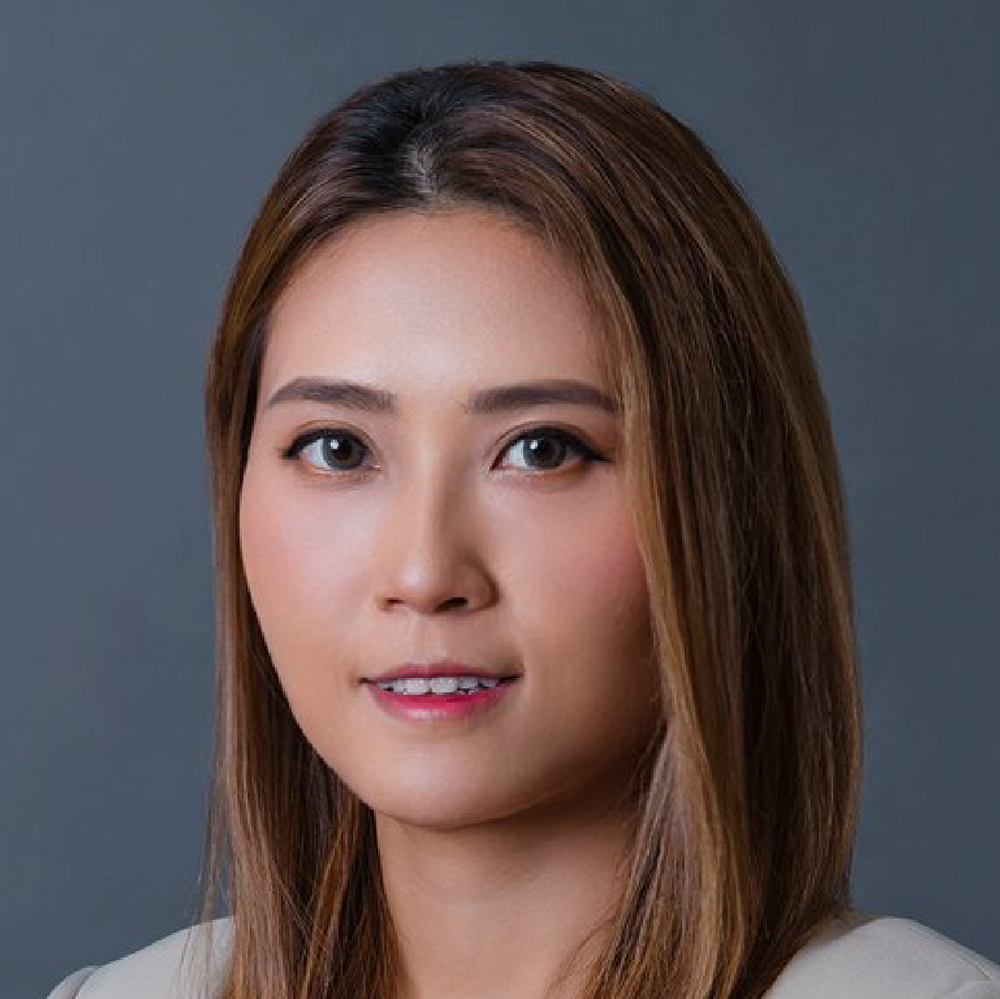
Recently, she initiated a Teaching Development Grant (TDG) program focused on utilizing AI to assist students in writing eBooks. This initiative supports students in various aspects of the writing process, including brainstorming ideas, conducting research, and enhancing their digital literacy. Furthermore, Miss Lau is at the forefront of integrating AI to help students comprehend and engage with emotional topics in a newly established Common Core AI course.
Ms. Miffy LEUNG
Teaching and Learning Innovation Centre- 3917 8182
- miffylhy@hku.hk


